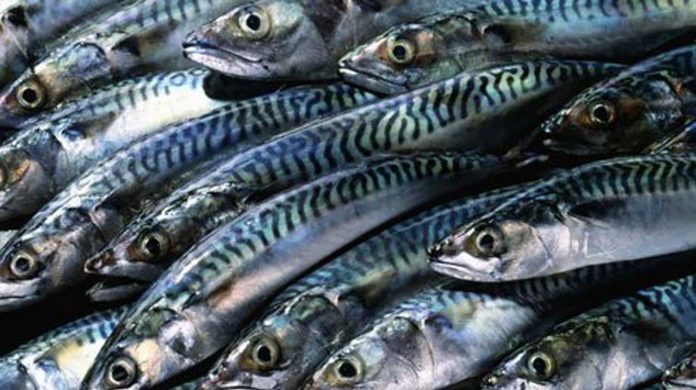Mackerel populations are declining because of over-fishing and the fish is no longer a sustainable food choice, the Marine Conservation Society has said in its new UK guide to sustainable seafood.
Mackerel fish, popularly called Titus, is an important fish specie consumed worldwide. As an oily fish, it is a rich source of omega-3 fatty acids.
North-east Atlantic mackerel has been considered an environmentally-friendly choice for consumers since before 2011, but the species has become increasingly scarce and now experts are calling for more regulation over how its caught.
Charlotte Coombes, Good Fish Guide manager at the Marine Conservation Society, said: “The north-east Atlantic mackerel population has been declining since 2015, which is concerning. Fishing communities and wildlife depend on this species, but continued over-fishing is putting both at risk.”
Mackerel is caught by various states, including Norway, Iceland, the UK, and countries in the EU. Currently, these countries are not working together to tackle over-fishing of the species, the charity said. Coombes said countries need to agree on quotas “to protect stocks”.
In October 2021, the main fishing states again agreed that total mackerel catches in 2022 should not exceed the scientific advice (794,920 tonnes), but not how the catches should be divided. The combined catch limits set by all countries for 2022 totalled 1,131,416 tonnes, exceeding the advice by 42%.
During March 2023, countries met to decide how to divide the next set of quotas. However, nothing was decided and talks are continuing.
A spokesperson for the Department for Environment, Food and Rural Affairs said: “The UK is working intensively with its partners to agree a range of management measures designed to improve the long-term sustainability of mackerel stock, in addition to a new quota-sharing arrangement.


